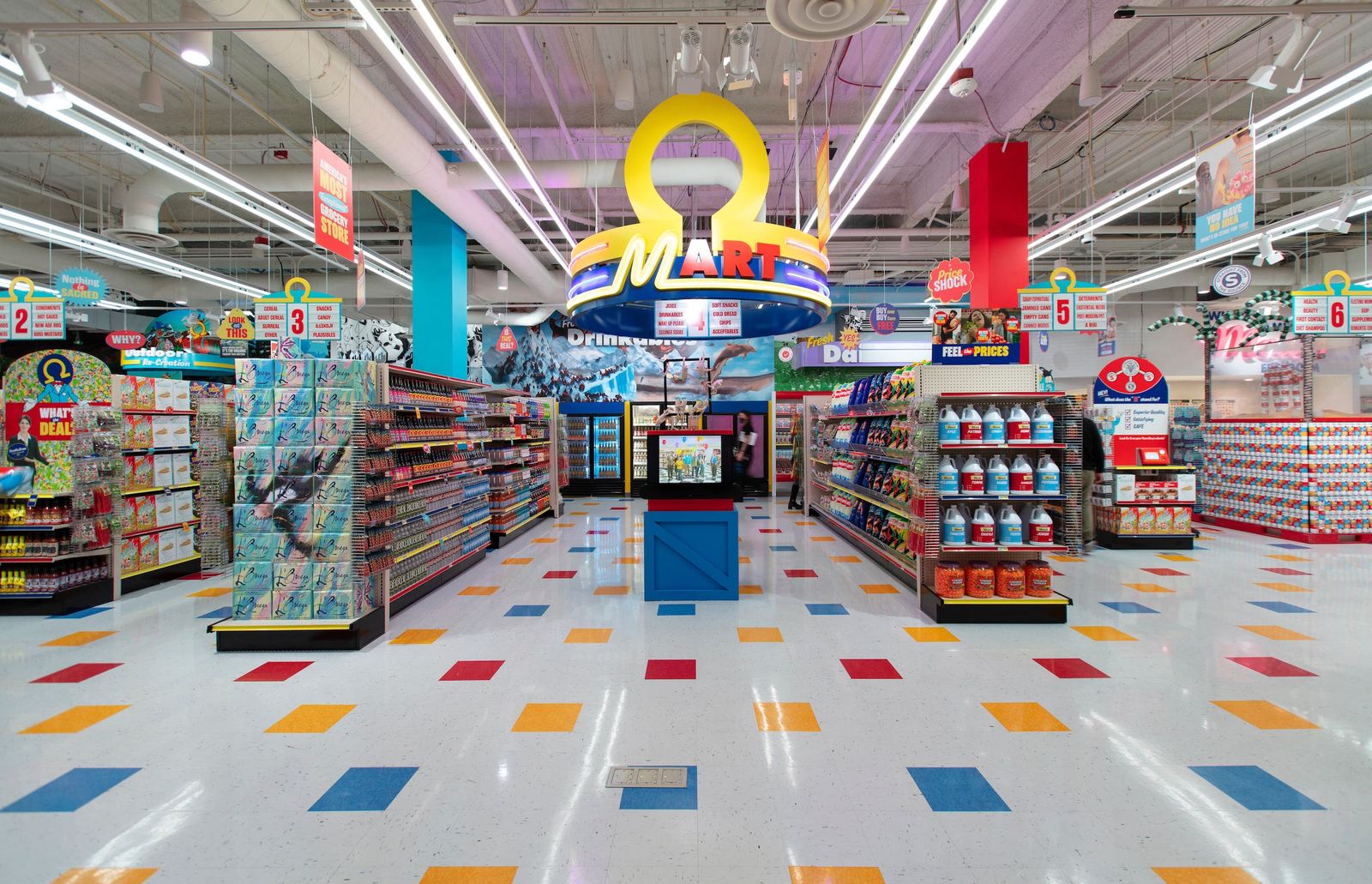I recently posted about the nightmare of getting close to your event with 50% unsold tickets. There are definitely strategies to sell event tickets at the last minute.
When we’re in dire straits, everything seems to be plausible.
Is group buying a good idea then?
A bit of Background
Groupon is the group buying service that monopolised the attention of social media commentators for its terrific growth.
What does it do?
As Wikipedia suggest:
[it] works as an assurance contract using ThePoint’s platform: if a certain number of people sign up for the offer, then the deal becomes available to all; if the predetermined minimum is not met, no one gets the deal that day.
This reduces risk for retailers, who can treat the coupons as quantity discounts as well as sales promotion tools. Groupon makes money by keeping approximately half the money the customer pays for the coupon. So, for example, an $80 massage could be purchased by the consumer for $40 and then Groupon and the retailer would split the $40.
That is, the retailer gives a massage valued at $80 and gets approximately $20 from Groupon for it. And the consumer gets the massage, in this example, from the retailer for which they have paid $40 to Groupon.
The business model on paper is amazing. They experienced a massive growth over the past two years, to the extent they refused a $6 Billion offer from Google.
It’s Not All Shiny
Recent events put the company under the radar. And it was not for positive reasons.
First the Superbowl Ads, then the alleged violation of the CT Gift Certificate Consumer Laws, then the recent financial nightmares.
It’s not been a good 2011 for the company. But that’s not all.
What about using Groupon to Sell Event Tickets?
In all honesty I never thought about using group buying platforms to sell event tickets (I know, I am getting old). Last night, I stumbled upon the news that Britney Spears concert tickets for her Birmingham (UK) date were being sold on the platform for half the price.
The move seems bold and dangerous at the same time. I tend to agree with the Business Insider when they say that:
Whether this says more about the concert industry or Britney Spears, whatever it says isn’t good: Britney has turned to Groupon to sell concert tickets.
Live Nation reported massive growth adopting this practice.
It may be that only certain types of events could benefit from selling tickets on these platforms, but it looks like also conferences are joining the party.
Good or Bad?
You may think that in the above case scenario, you really should go for it. You will sell event tickets that would otherwise go unsold. After all, you’ve got nothing to lose!
I actually believe you have a lot to lose.
First, you are upsetting those that bought your event tickets at the advertised price. Public price discrimination is not going to be good for your event brand.
Second, you are attracting the wrong audience, devaluing your brand perception. Interesting to note in the above mentioned article how Live Nation needed to reinforce that:
“Offering a deal on Groupon is not a reflection of the quality or status or sales of a show”
While there is evidence that group buying is effective for new customer acquisition, you end up attracting deal makers.
Selling event tickets this way is no good for your brand and I am not the best person to explain the reasons why.
Will the Britney Spears fans attending the event buy memorabilia and merchandise? Probably not. Will they buy her latest album? Not really.
Despite what your PR tells me, I know you are using Groupon because you could not sell enough. Nobody likes to sell half price and next year I will wait for you to release a super special offer before buying the ticket at full price.
In Conclusion
If you are desperate, really, really desperate, group buying can help you boost event ticket sales at the last minute. After all early birds are a standard industry practice.
Nonetheless, there are major concerns over the value of the people you attract. Upsetting your existing customer base may be questionable and not needed.
The best person to decide, as always, it’s you.




